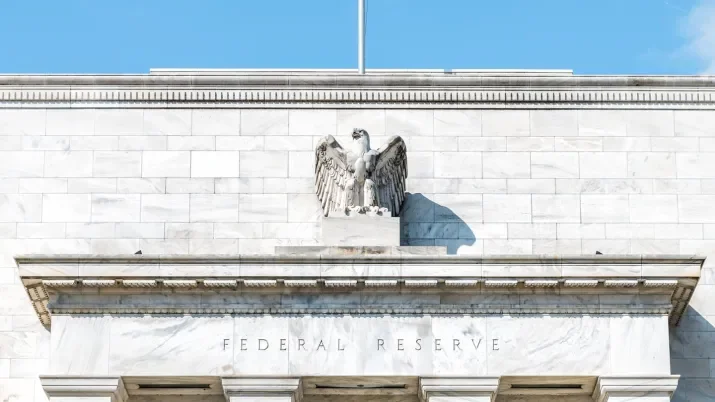Another Reason To Be Skeptical Of Italy's Growth Projections
It may come as a surprise to some that the country currently experiencing the fastest pace of monetary tightening across developed nations is in Europe, where the main refinancing rate is well and truly anchored at -0.40%. It makes even less sense that this same country has the weakest growth rate in the EU 27 and the bloc’s third highest unemployment rate.
Yes, we are talking about Italy.
Italy is now the recipient of unintended tightening of monetary policy, caused by the selloff in BTPs that has led to five-year yields increasing by 200bp since the general election in March. If yields stay robustly high, and for now we see few catalysts that could change that, then we will soon be hearing from Mario Draghi about the latest breakdown in the transmission mechanism for ECB monetary policy and the unintended tightening it has caused for Italians.
Of course the Italian banks all have access to the ECB’s repo facility at minus 40bp, but this is not the sole rate that affects the yields at which banks are willing to lend. When depositors are suddenly offered their own government’s debt at yields higher than those offered by their banks for deposits, one of two things happens: the banks respond and raise rates to keep the deposits, the deposits start to leave the system, or some combination of both. The impact is the same though – banks have to increase their lending rates.
Naturally this process takes time, and the whole 200bp is unlikely to be passed on, so the effects of this jump in BTP yields is not yet likely to be visible in the real economy, but give it 12 months at these levels and they undoubtedly will be. We can already see that Italy is the only country in the Eurozone where mortgage rates are rising, and other local financing costs are likely to follow suit if BTP yields stay elevated.
Additionally, Italian borrowers in the capital markets are already being burdened with an ‘Italy premium’ over German peers, thereby further widening the productivity divide between the two economies, precisely the opposite to what the EU is trying to achieve.
Consequently investors are absolutely right to question the populist coalition’s growth assumptions for 2019. Slow growth plus tightening monetary policy doesn’t tend to equal greater expansion.



